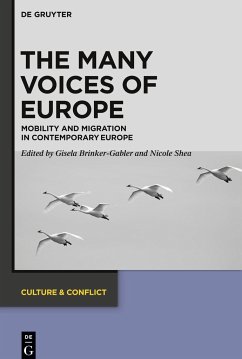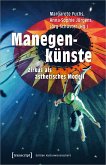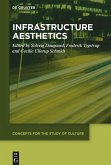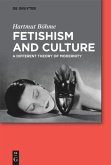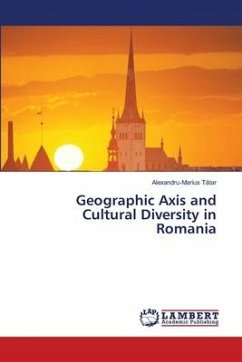This volume explores the rich, evolving body of contemporary cultural practices that reflect on a European project of diversity, new dynamics between and across cultures in Europe, and its interactions with the world. There have been calls across Europe for both traditional national identities and new forms of identity and community, assertions of regionalized identity and declarations of multiculturalism and multilingualism. These essays respond to this critical moment by analyzing the literature of migration as a (re)writing of European subjects. They ask fundamental questions from a variety of theoretical and critical standpoints: How do migrants write new identities into and against old national (meta)narratives? How do they interrogate constructions of identity? What kinds of literary experiments are emerging in this unstable context, e.g. in the graphic novel and avant-garde film?
This collection makes a unique contribution to contemporary European literary studies by taking an interdisciplinary, transnational and comparative perspective, thereby addressing readers from diverse disciplinary backgrounds and stimulating new research on the ambitious writing and thinking taking place across the borders of Europe today.
This collection makes a unique contribution to contemporary European literary studies by taking an interdisciplinary, transnational and comparative perspective, thereby addressing readers from diverse disciplinary backgrounds and stimulating new research on the ambitious writing and thinking taking place across the borders of Europe today.

